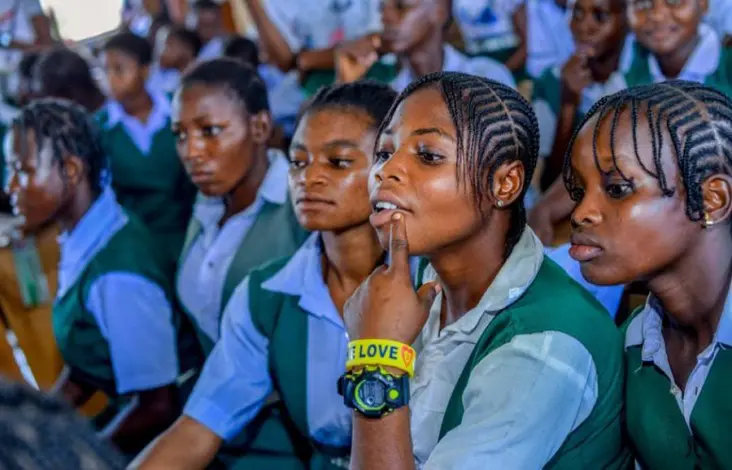HEALTH
Group urges Nigerian government to implement policies targeting adolescents

Stakeholders have urged parents, the government, and society to take decisive steps in empowering the next generation, particularly in light of the growing educational and social challenges facing young people.
During the 4th Annual Scientific Roundtable Series of the Centre for Integrated Health Programme (CIHP), themed ‘The Missing Link: Reducing Vulnerabilities of Adolescents and Young Persons through Sustainable Interventions,’ stakeholders expressed concern that initiatives aimed at supporting young people are either insufficient or lack strategic direction.
In her presentation, Dr. Bolanle Oyeledun, Chief Executive Officer of CIHP, highlighted the increasing disconnect between the needs of young people and the discussions surrounding them, stressing that addressing youth vulnerabilities requires more than just policy formulation.
“As government representatives and stakeholders, we must first recognize our roles as parents and relatives. We share a collective responsibility to empower young people to thrive independently in society,” Dr. Oyeledun said. “Young people need life skills to navigate mental health challenges, achieve financial literacy, and cope with the difficulties life presents.”
She urged the government to actively implement policies with genuine intent and sufficient resources, rather than limiting efforts to discussions alone. “The overarching message is a call to action for the government, parents, and society to collaborate in empowering the next generation, especially in the face of educational and social challenges.”
Dr. Chukwugozie Ujam, Deputy Director of the National Agency for the Control of AIDS (NACA), emphasized the need for creating safe spaces for adolescents, where their concerns can be heard and addressed. He also pointed out that empowering communities to know where to report issues is crucial, noting recent improvements in police responsiveness to community needs.
“The government’s role is to establish a supportive environment that enables stakeholders to carry out their work effectively. This includes providing accurate and relevant information to young people, creating safe spaces for them to express themselves, report issues, and receive the necessary support,” Dr. Ujam said.
Dr. Olujuwon Ibiloye, Senior Technical Officer and Paediatric ART Lead at the APIN Public Health Initiatives, advised that the first step in addressing issues affecting young people is identifying these challenges, followed by the inclusion of all stakeholders in finding solutions.
He stressed the need for a systematic approach to reducing the vulnerabilities of adolescents and young people in the country. “From a policy perspective, it begins with setting the agenda, involving all stakeholders in identifying the issues, and co-creating solutions. This ensures that when the policy is implemented, there is both ownership and commitment,” Dr. Ibiloye concluded.









You must be logged in to post a comment Login